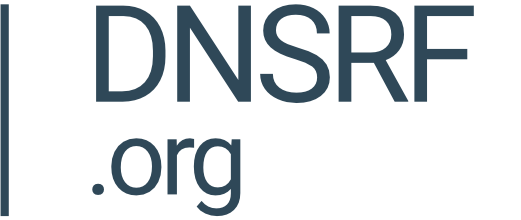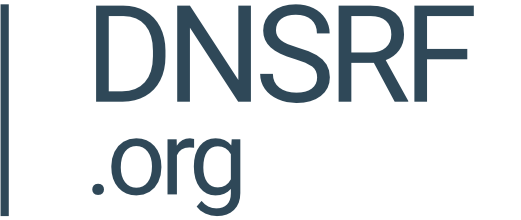The Server Side Configuration and Reporting Toolkit (SSCRT) allows for users to install test sessions for configured test types. To avoid inconsistencies only a single test session per tested domain name is permitted but it is possible to run an unlimited number (resources permitting) of concurrent sessions for different domain names allowing for testing multiple features at the same time if required or desirable.
When test sessions are installed they are assigned a unique key for tracking/logging purposes. Sessions can be scheduled to run either immediately or in a time window in the future. To facilitate this effectively the SSCRT includes a background scheduler to automate the switch on and switch off to allow for clean and precise testing windows. Tests will be created with a PENDING status until they reach their start time after which they will become ACTIVE for the duration of their specified time window and finally become COMPLETED once they have reached the end of the time window.
Once a test session enters the ACTIVE status, configuration changes are made to the DNS and Web servers to activate specific test configuration and the test session will become available for reporting purposes which will be possible in near real time (depending on the test type). Custom log files will be retained on the server in JSONL format for effective structured sequential reading (in lieu of the standard DNS/Web server logs) and will be made available to users in either JSONL, JSON or CSV formats. The format of this data follows a standardised format suitable for tabular presentation and analysis and will be subject to the client IP privacy policy for IP addresses which is configurable. If configured, data will also be sent in near real time to DAP.LIVE for more advanced analytics.
Reporting will remain available for a given session until the session is explicitly deleted at which point all configuration and log files will be removed from the server.



